French energy giant EDF Group recently awarded the winners of its Pulse India competition that aims to support startups developing low-carbon and sustainable energy solutions.
Bangalore-based Nunam won the top award for its energy storage system that runs on second-life lithium-ion batteries. The startup buys discarded laptop batteries from scrap dealers and uses their battery cells for stationary energy storage systems that can supply electricity to customers with small amounts of power needs such as smartphones, fans or lamps.
Based on the assumption that discarded laptop batteries have an average remaining capacity of 65%, Nunam’s energy storage project ensures full utilization of the residual capacity while contributing to reducing electronic scrap.
Gujarat-headquartered Charge+Zone bagged the first runner-up awards for its hassle-free and reliable charging services for all types of electric vehicles (EVs), including a charging station management system and an app to locate charging stations and solar integrated electric vehicle charging stations. The startup aims to create an EV charging network for more than one million charging points by 2030.
The Charge+Zone app also provides availability status and advance reservation through slot booking.
Tamil Nadu-based Solavio Labs, the third runner-up, has developed a fully autonomous, water-free solar panel cleaning robot. The robot’s modular design makes it compatible with almost any structure type, mounting area, or climatic condition.
Telangana-based Temperate Technologies won a special award for its work on off-grid solar-powered cold storage units.
The winners’ reward package includes a comprehensive business development support package, including cash and access to EDF’s innovation labs and R&D network.
Launched in April 2020, EDF Pulse India program attracted 80 applications from startups across three categories designed to meet the Indian energy market challenges: Sustainable smart living, resilient smart infrastructures and E-mobility infrastructure.
As part of a multi-stage selection process, nine finalists were shortlisted to present their solutions to the Grand Jury. Thirteen jury members including experts from EDF Group in France, India and Singapore, as well as leaders of Indian energy industry, chose the most innovative and progressive projects, based on the viability of their solutions in answering societal challenges and applicability of their business models.
This content is protected by copyright and may not be reused. If you want to cooperate with us and would like to reuse some of our content, please contact: editors@pv-magazine.com.
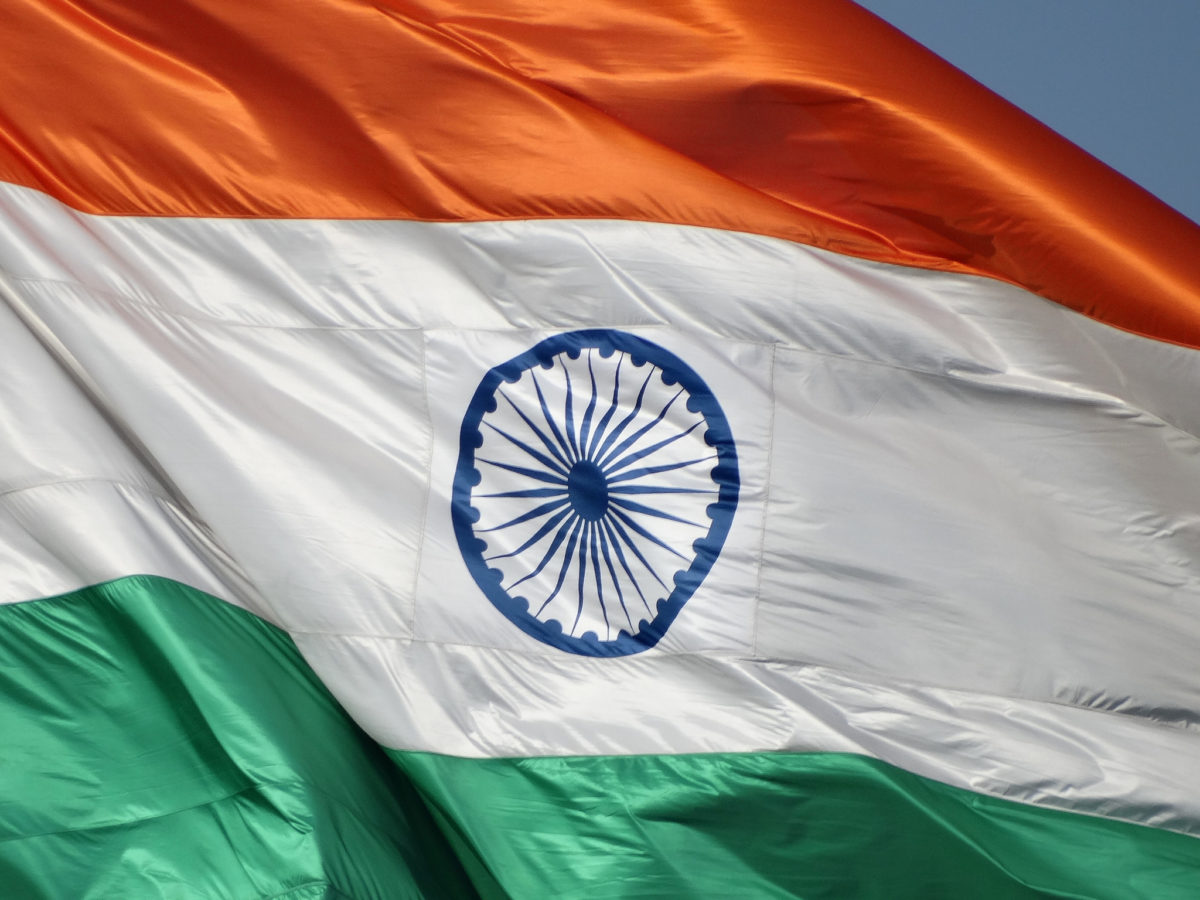
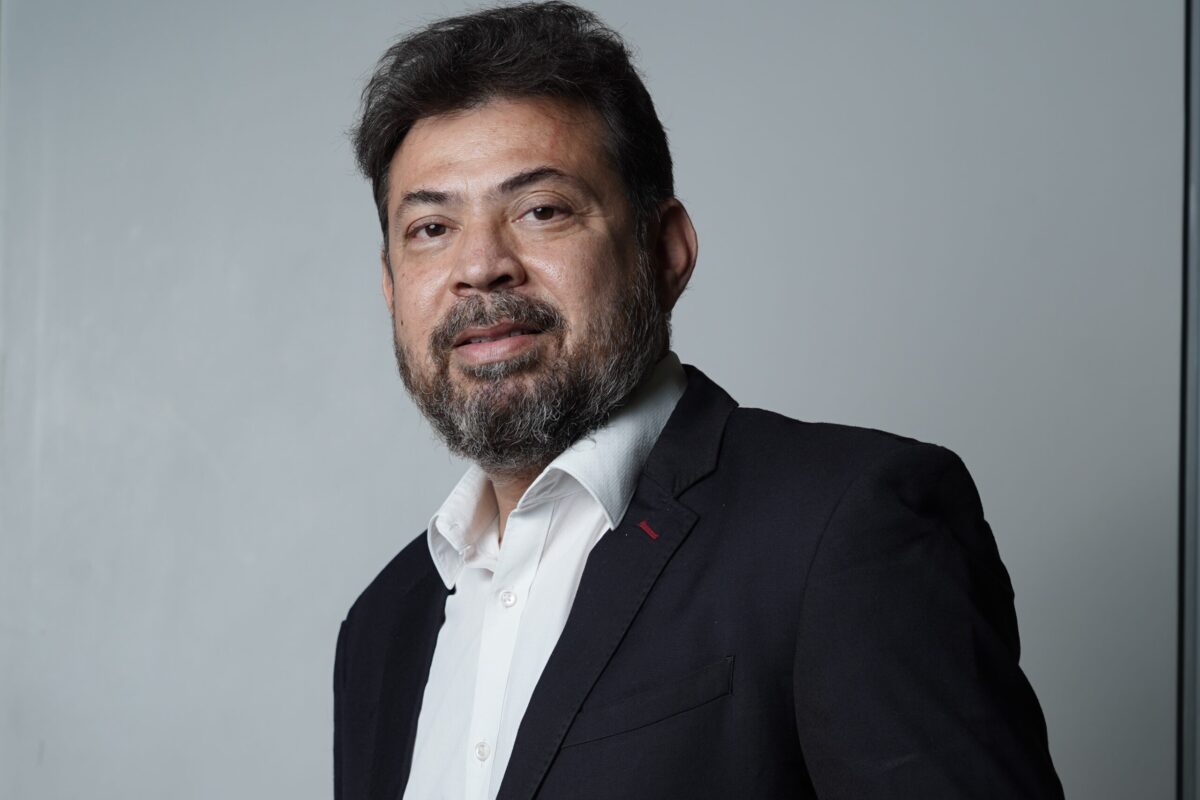


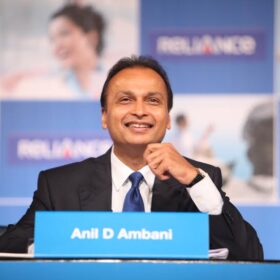
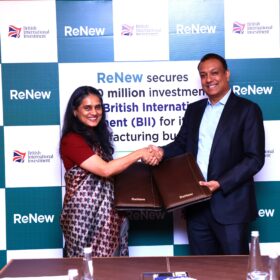
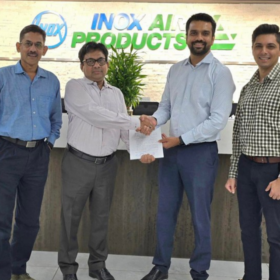
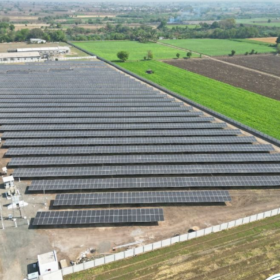
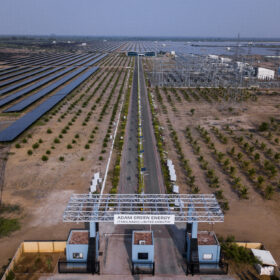
3 comments
By submitting this form you agree to pv magazine using your data for the purposes of publishing your comment.
Your personal data will only be disclosed or otherwise transmitted to third parties for the purposes of spam filtering or if this is necessary for technical maintenance of the website. Any other transfer to third parties will not take place unless this is justified on the basis of applicable data protection regulations or if pv magazine is legally obliged to do so.
You may revoke this consent at any time with effect for the future, in which case your personal data will be deleted immediately. Otherwise, your data will be deleted if pv magazine has processed your request or the purpose of data storage is fulfilled.
Further information on data privacy can be found in our Data Protection Policy.